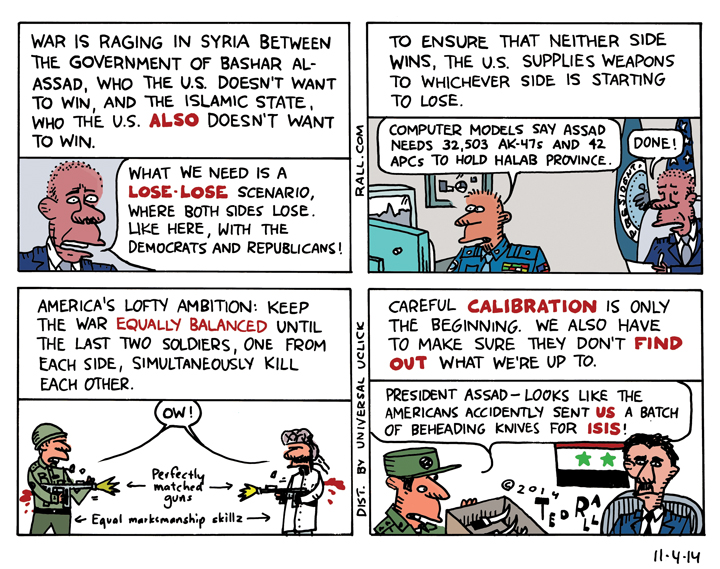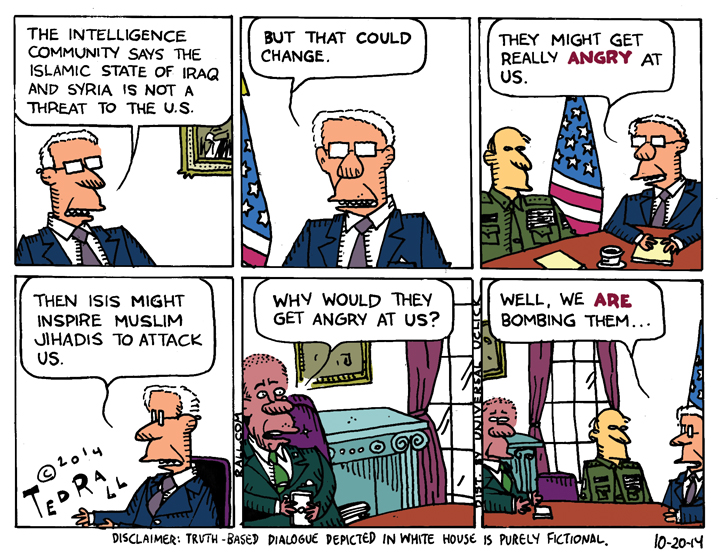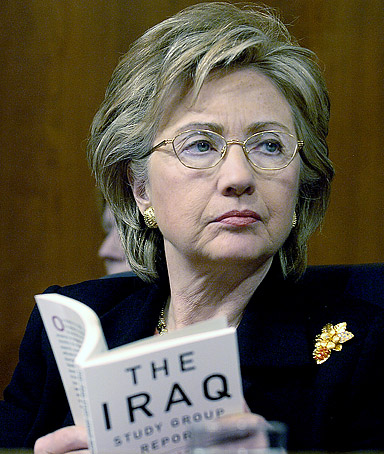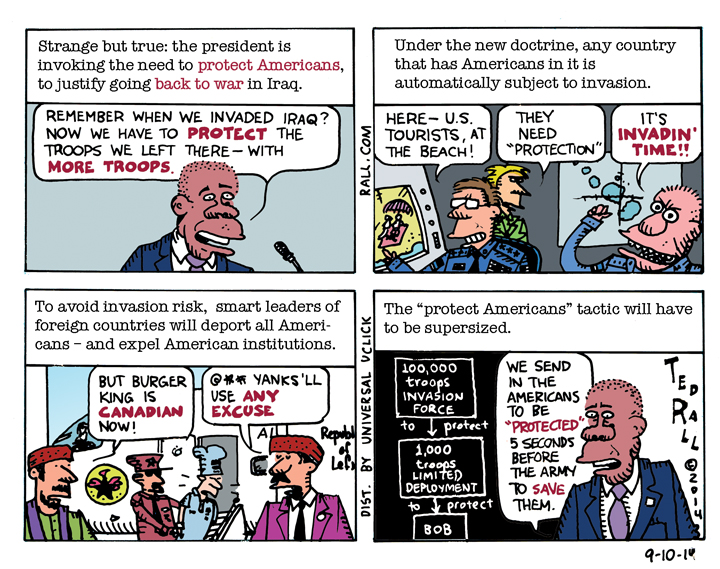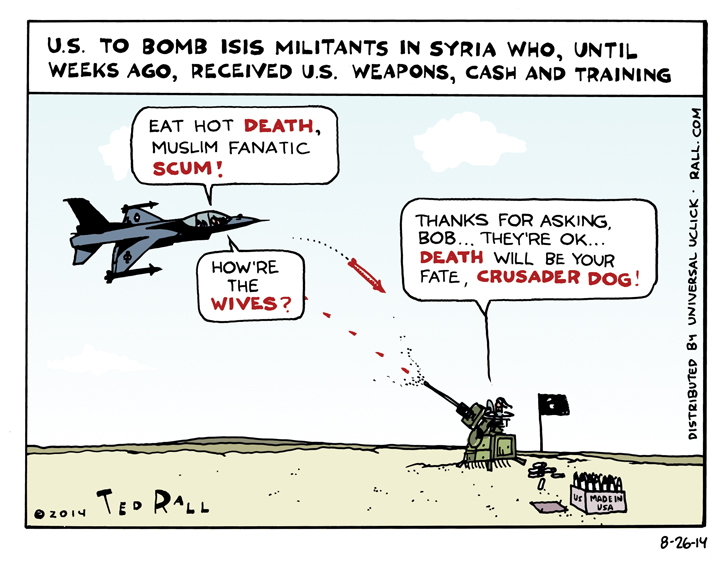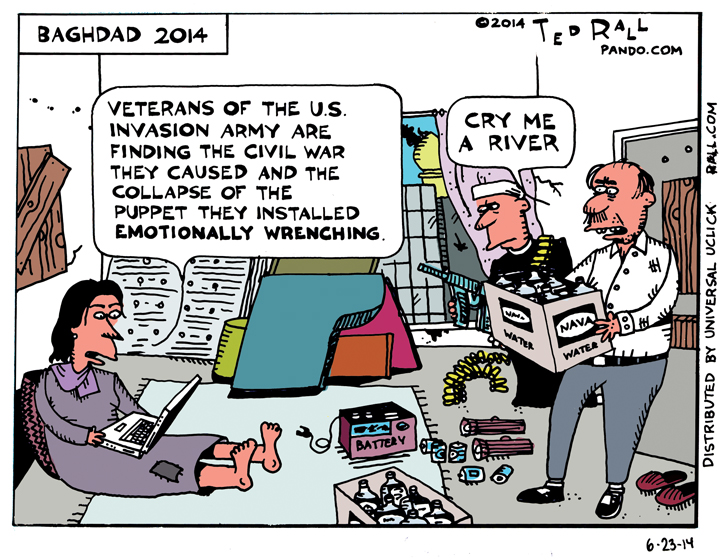Originally published at Breaking Modern:
You can tell a lot about a society’s values from its lies.
After World War II, Germany abandoned its old values of obedience, conformity, militarism and most recently, Nazism. When veterans of the SS were asked about their military service in the form of that most famous question “what did you do during the war, daddy?” they lied about it. They either claimed that they hadn’t served at all, or that they had served in the regular army, or if there was no way to deny having been in the SS, said they had been nowhere near any atrocities or death camps.
Postwar Germany’s liars projected positive values: anti-militarism, anti-fascism, pacifism, principled opposition to violence.
Here in the United States, our liars lie about the exact opposite things — and their lies reveal an awful set of societal values.
To his credit, NBC News anchor Brian Williams never enlisted in the US military, and thus never shot at a Libyan or a Panamanian or a Grenadian or an Iraqi or an Afghan, or dropped a bomb on one in an undeclared illegal war of imperialist aggression. He should be proud of that. Any American who does not join the military ought to consider it a point of honor to refuse to participate in an institution that has not been called upon to actually defend American territory since at least 1945.

Unfortunately, Williams lives in a country whose media and political class constantly yammer on and on about how “the troops” are the best of the best (although few enlistees are turning down Harvard scholarships), the bravest of the brave (but not as brave as the poorly equipped soldiers they are assigned to kill), and how we owe them our lives and for our precious freedoms (even though the wars they fight do nothing to defend our borders but piss off generations of future terrorists).
So rather than brag about his nonmilitary service as a journalist, talking head and all-around studmuffin, Williams made up at least one story that he thought made him sound like more of a macho man, the next best thing to a real-life actual US soldier. After having been embedded with US soldiers in US-occupied Iraq (see the 2003 US Navy picture above), Williams falsely claimed that he survived the crash of his helicopter after it came under fire in 2003.
I don’t really care whether Williams keeps his job reading the news. That’s not real journalism; no one thinks it is. But it would be nice if this episode were to prompt news organizations to reconsider their participation in the military embedding program.
Since 2002 print and broadcast media companies have almost exclusively assigned their reporters to accompany American troops into war against Afghanistan, Iraq and elsewhere. Embedding has become so standardized that when a journalist suggests going into a war zone independently – the way it was often done before 9/11 – his or her editors or producers either refuse to let them do so, or strongly discourage them. It’s a sad state of affairs, one that has led to a complete failure to get the story about what is marketed as a war for hearts and minds in the Muslim world from, you know, the actual Muslims who live there. Locals who watch American journalists travel with hated occupation troops naturally conclude that they are merely propagandists – unfortunately, they’re usually right. It just isn’t possible to think independently when you spend all of your time with soldiers you know may be called upon to shoot people who are shooting at you.
Like other journalist types who got too close to the troops – hey Brian, when’s the last time you spent the night in a private home in Afghanistan or Iraq? – Williams has clearly become a victim of a militaristic variety of Stockholm syndrome.
“People who have worked with Williams say he does not regularly embellish personal stories but does project a kind of confident swagger that can be off-putting. One former colleague said he enjoys throwing around military slang, such as using ‘bird’ for helicopter, despite never having served in the armed forces,” reports the Washington Post.
You can’t report war without covering U.S. troops. But you can’t cover war only covering U.S. troops. Which has been the problem since 9/11.
The cult of militarism is clearly in the Kool-Aid at the NBC break room. Williams’ predecessor at the network, former anchor Tom Brokaw, authored and constantly flogged paeans to our sainted armed forces with books like “The Greatest Generation,” about America’s victory in World War II. If a leader of a US “enemy,” like a member of the Taliban, has ever been interviewed by NBC, I’ve missed it.
In a sense, Williams is a victim: he has fallen prey to a rancid set of national values that places aggressive militarism ahead of the humanism that ought to set the standard for behavior.
What Williams ought to be lying about is having had anything to do with the 2003 invasion of Iraq, which will go down in history as one of the biggest mistakes the United States has ever made in foreign policy, which is saying something.
The soldiers Williams was traveling with were all volunteers, which makes them guilty and complicit with a crime of monumental proportions, which ultimately led to the deaths of hundreds of thousands, possibly millions of people. The fact that he felt motivated to increase, rather than downplay, his purported role in propagandizing the Iraq War to the American people is terribly revealing.
Reports about Brian Williams’ phony Iraq war story have referenced Hillary Clinton’s tall tale about taking fire on the tarmac at the airport in Bosnia, and Connecticut Sen. Richard Blumenthal’s false claims of having served in the US military during the Vietnam War.
They weren’t alone. So many Americans pretended to have received Congressional Medals of Honor, or having served as Navy SEALs or members of the Army Special Forces, that Congress passed and President Bush signed a law, the “Stolen Valor Act of 2005,” to punish the fakers. (The Supreme Court later overturned it as a violation of the First Amendment.)
Most of the world, and many Americans – not least to those who were actually there – view America’s intervention in Vietnam during the 1960s as a mistake at best, an atrocity at worst. Two million Vietnamese lost their lives. Contrary to what pro-war politicians told the public, North Vietnam did not threaten the U.S.; they won, yet over there they stayed.
Yet Sen. Blumenthal obviously believed that his prospects as an American politician would be bolstered by pretending to have participated in that mistake/atrocity.
He was actually ashamed of not having blood on his hands.
Then there were George W. Bush and Dick Cheney, both of whom avoided service during the Vietnam War, and were repeatedly attacked – from the left! – for having not participated in the killing of people who had never threatened the United States.
I long to live in a country whose values are more like – this is quite a thing to say – Germany after 1945. If you are going to lie to make yourself better, the thing that makes you look better ought to be something that is objectively good. Voluntarily participating in, and using the media to promote illegal wars for fun and profit is something that we should never do.
But if and when we do succumb to militarism, at least we should lie about it.


